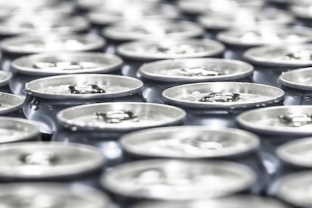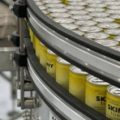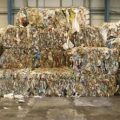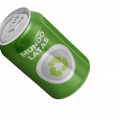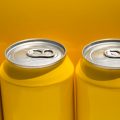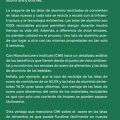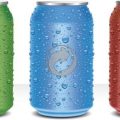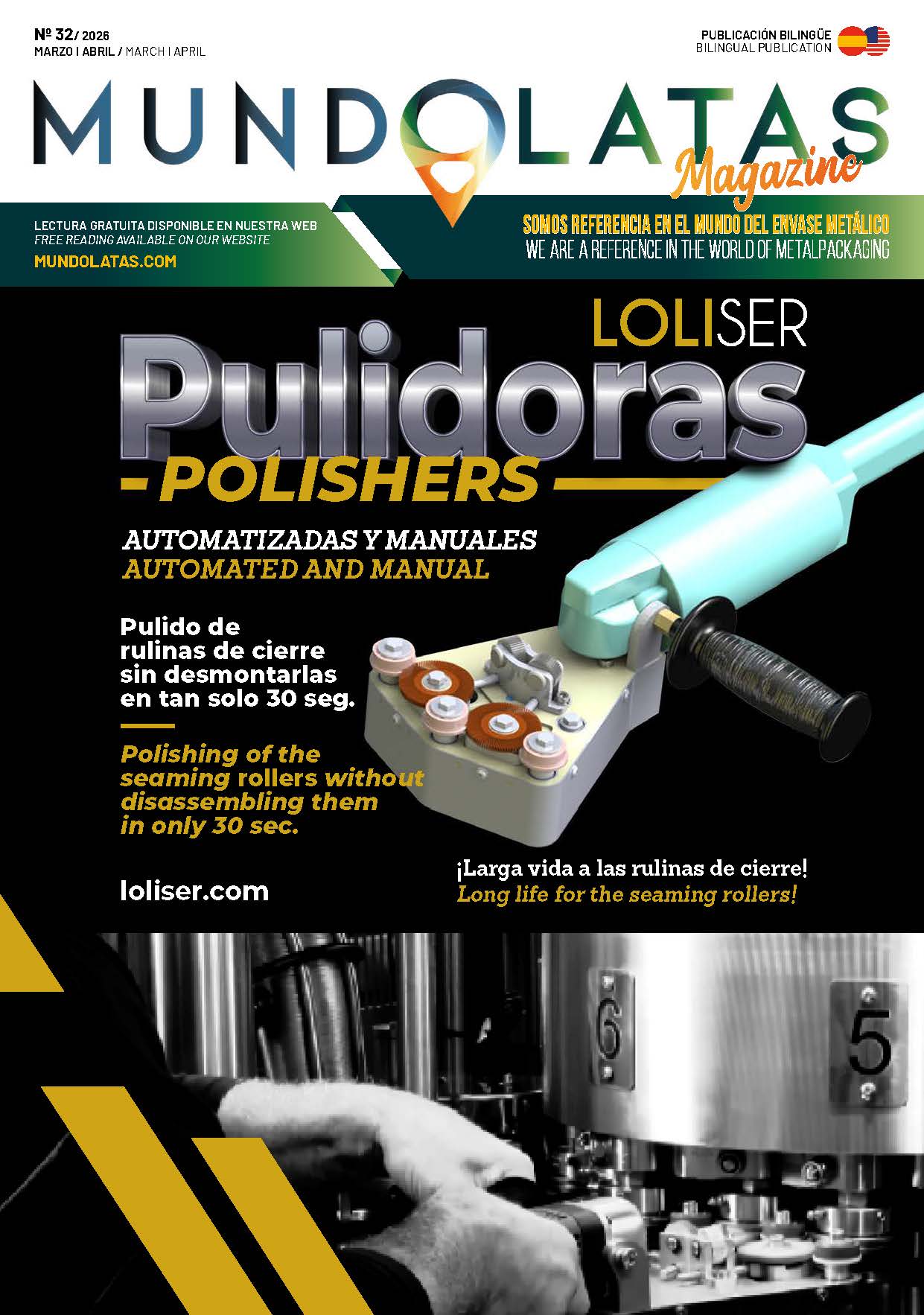U.S. beverage can manufacturers have it right. They have already announced that they will commit some of their resources and money to lobby U.S. state legislators to pass new container deposit laws as part of an industry effort to boost UBC recycling rates.
For Scott Breen, vice president of sustainability at the Can Manufacturers Institute (CMI), “this is going to be a big boost.” The industry’s new target for the recycling of used beverage cans (UBC) will be to reach the not inconsiderable figure of 70% by 2030, compared to 45% last year, which would generate a profit of close to 900 million euros.
In addition, Breen believes that aluminum can producers should be the ones to pay the lowest rates, since UBCs generate more revenue from commodity sales for the recycling system than PET and glass.
Precisely to achieve that goal, WCC will focus on four key objectives such as boosting deposit programs, increasing household recycling outside the home as well, helping MRFs capture more UBC and increasing consumer awareness of can recycling.
CMI’s members are aluminum sheet suppliers Constellium, Kaiser Aluminium, Novelis and Tri-Arrows Aluminium, and beverage can manufacturers Ardagh Metal Packaging, Canpack, Crown Holdings and Envases. Boosting UBC collection will also provide a greater supply of metal for recycling new cans. Partly due to the alloys used, 93% of UBC is recycled back into beverage cans.
On the other hand, most of the money would go to defend well-designed deposit programs in order to institute a new deposit program which would be a major change in the status quo. However, some waste management companies have opposed efforts to expand such deposit programs because doing so diverts valuable aluminum and plastics from their MRFs. That was the case in New York State, where curbside recycling stakeholders fought a state effort to add new types of beverages to the program.

